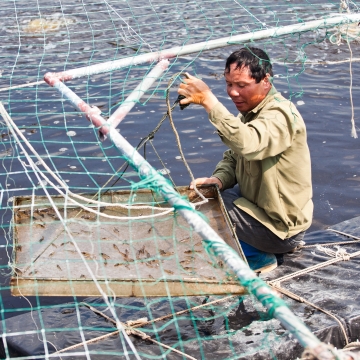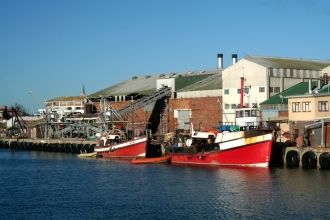Assessment of the Potential Biomass Supply from Crop Residues in China
Using a mathematical programming model, this study estimates the potential biomass supply from crop residues in China at various exogenously-given biomass prices and identified the areas that are likely to produce crop residues. The analysis indicated that China can potentially produce about 153.0-244.2 million dry metric tons of crop residues per year when biomass prices are larger than $90 per metric ton.



